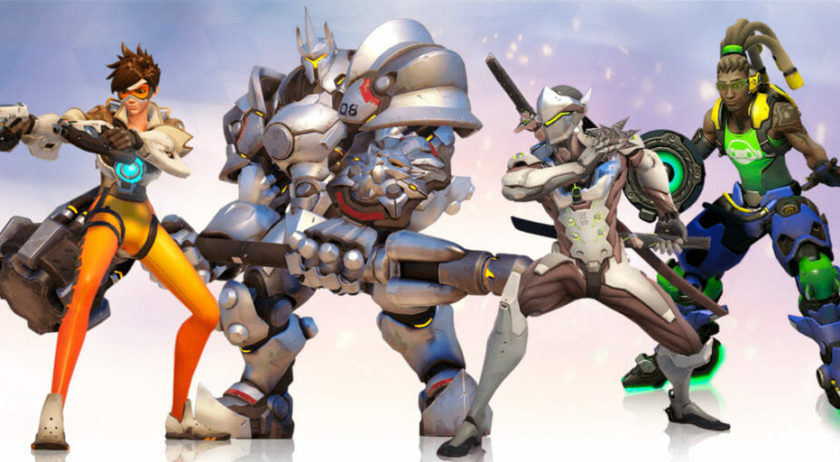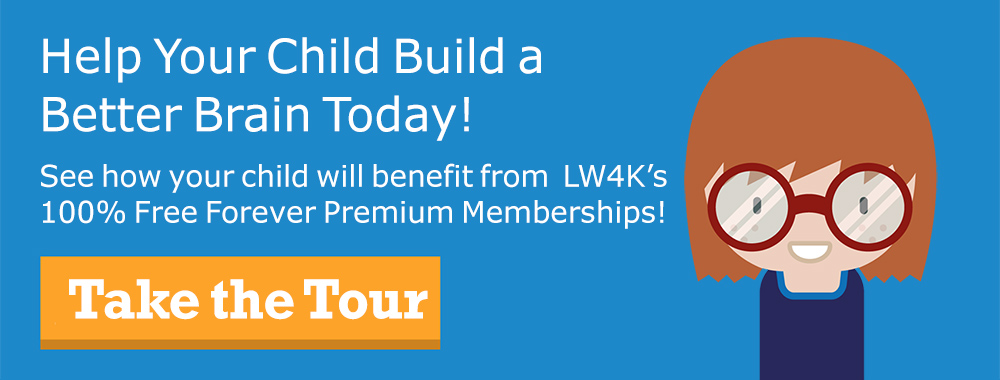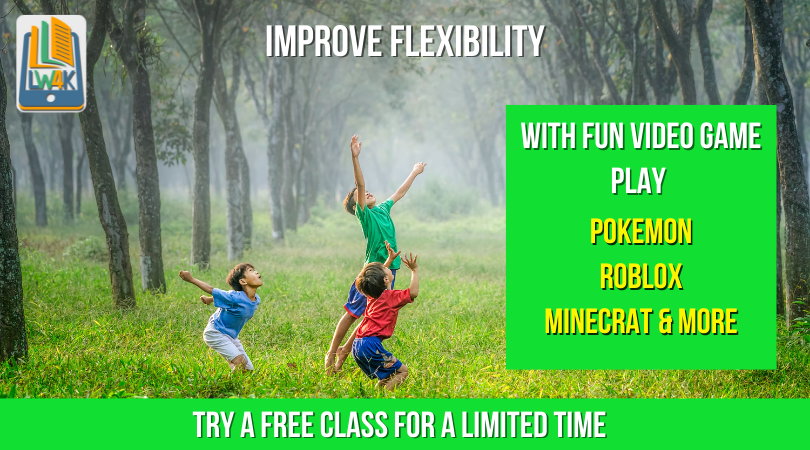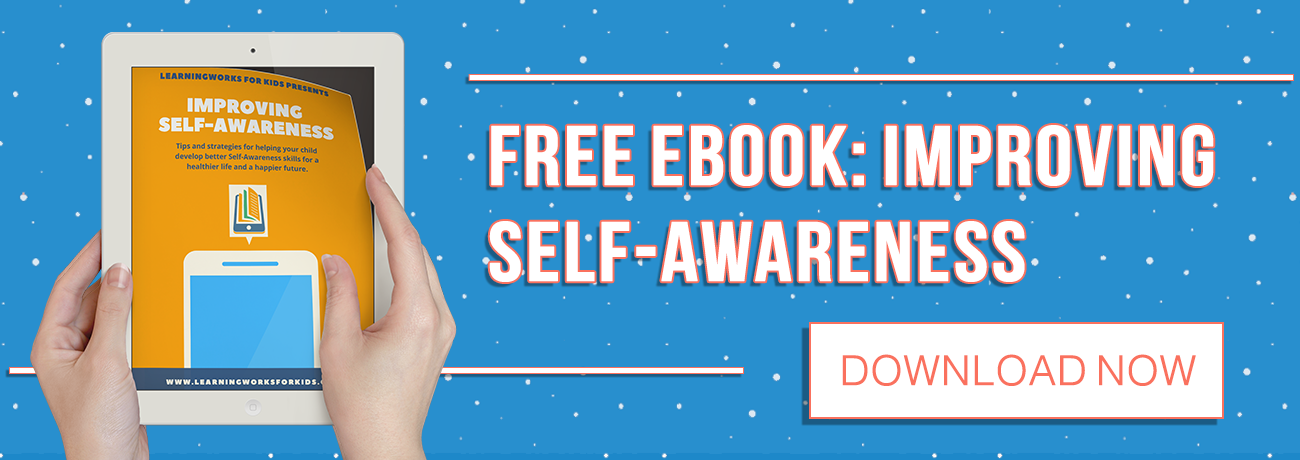Flexibility is one of the most important executive functions for solving problems, as it helps kids learn to switch their attention from one task to another. For example, when taking a test that contains both multiple-choice and essay questions, a child with good flexibility can easily switch between the two formats, while one without may get stuck and become frustrated each time the format changes. By being more flexible, children learn to manage more than one thing at a time, becoming better able to juggle various school assignments or deal with changes in their routine.
Video-game Play and Flexibility
Flexible is a valuable skill when it comes to gaming and digital technologies and is very commonly seen in games due to the changing nature and challenges of the most popular games. Making mistakes is one of the main ways that kids learn from their gameplay and is often a core part of being able to beat the game. A major tenant of gaming, the “boss battle,” is a super-hard foe that requires an advanced strategy to defeat, many times requiring players to fail and learn from their mistakes. Even being able to master various genres of games in and of itself requires flexibility. Playing puzzle games is a lot different than playing racing games since each has its own unique controls and sets of goals for players to reach.
Kids will improve their flexibility in gameplay when they use skills such as:
- Identify when/where one must change approaches and improvise.
- Learn how to use new items, powers, or tools when they are introduced.
- Change a previously successful strategy that no longer works.
- Develop awareness when new game situations arise and then appropriate strategies.
Games are a teaching tool – a way to practice the skill of flexibility. Our philosophy at LearningWorks for Kids is that playing games is not enough! If we truly want to make games an effective tool to improve executive functions such as flexibility, we need to make kids identify flexibility, think about how it helps them in gameplay and the real world, and find ways to practice game-based skills in real-world settings. Or as we like to say: Detect, Reflect, and Connect! To learn more about how our LW4K LIVE team uses BLANK to practice flexibility skills and transform them into real-world skills, learn a bit more about Overwatch.
Flexibility is a crucial skill in playing Overwatch. Overwatch is a team-based game in which players must work together to combine the abilities of different characters in order to overtake the enemy team. Every character has a unique set of abilities and certain characters mesh very well with others. However, this means that certain characters also do not perform well against other characters. This becomes crucial when teams decide which characters they want to play because their strategy surrounds who they choose to play. Overwatch also offers the flexibility to change characters at will. This means that when a team tries a strategy that they planned and it is countered, they have the option to switch on the spot and attempt a new plan. This can also happen in the moment as there are multiple ways to reach the objective points. If one path is being heavily defended, the team may want to tweak their plan on the fly and go a different route. These scenarios are where flexibility comes into play.
Flexibility is also used in Overwatch when players must quickly analyze a scenario and decide what to do in real-time. If a player takes too long to decide, the opportunity passes, and the enemy team will gain an advantage. Overwatch teaches players that being stubborn and sticking to the same unproductive course of action is not ideal to win the game or in general. It allows students to see that they should be open to various ways of completing a goal and to be more open to hearing different ideas.







